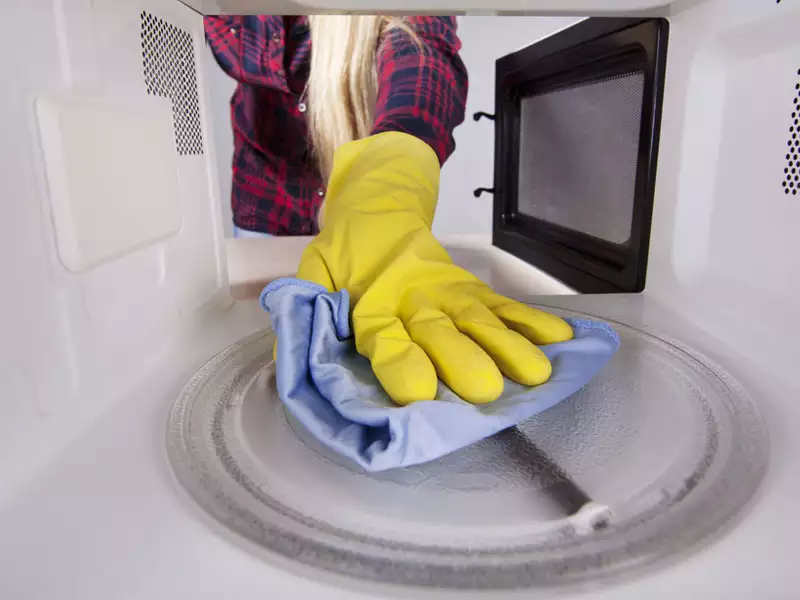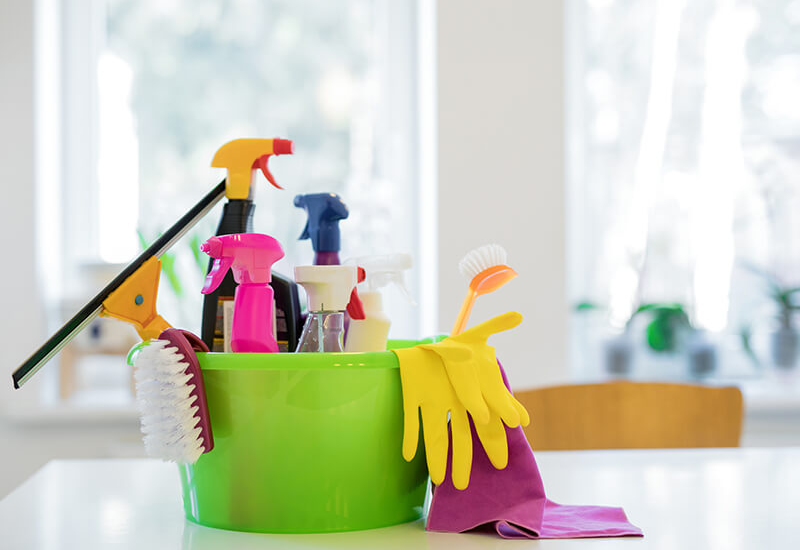Introduction (50 words): Cleaning is not merely a mundane chore; it is an art that transforms both spaces and lives. In this article, we delve into the power of cleaning and explore how it goes beyond the physical act, offering numerous benefits for our mental, emotional, and physical well-being.
Body:
- A Clear Mind, A Clean Space (100 words): The saying, “A cluttered space equals a cluttered mind,” holds true. When we clean our physical environment, we create an atmosphere of clarity and focus. Organized spaces promote mental clarity, enabling us to think more clearly, make better decisions, and reduce stress. A clean environment also enhances productivity, as it allows us to focus on the task at hand without distractions. Whether it’s decluttering a desk or tidying up a room, cleaning provides a sense of mental rejuvenation and promotes overall well-being.
- A Therapeutic Experience (100 words): Cleaning can be a therapeutic experience that allows us to reconnect with ourselves. Engaging in repetitive tasks such as sweeping, dusting, or folding laundry can have a calming effect on our minds. The rhythm and physicality of cleaning can serve as a form of meditation, helping us to relax and find inner peace. Additionally, the process of cleaning can be empowering, as it gives us a sense of control over our environment and our lives. The act of cleaning becomes an opportunity for self-reflection, healing, and personal growth.
- Physical Health and Hygiene (100 words): A clean environment is crucial for maintaining good physical health and hygiene. Regular cleaning eliminates dust, allergens, and pathogens, reducing the risk of respiratory problems and allergies. Cleaning also prevents the accumulation of bacteria and viruses, creating a safe and healthy space. Furthermore, engaging in physical cleaning activities like scrubbing, mopping, or vacuuming provides a workout for our bodies, promoting fitness and overall well-being. By prioritizing cleanliness, we invest in our physical health and create a nurturing environment for ourselves and those around us.
- Environmental Responsibility (100 words): Cleaning goes beyond our personal spaces; it extends to the world we live in. By adopting sustainable cleaning practices, we contribute to environmental responsibility. Using eco-friendly cleaning products, reducing water usage, and recycling are just a few ways we can make a positive impact. Cleaning becomes an opportunity to preserve the planet and reduce our ecological footprint. By being mindful of the cleaning methods we employ, we can play our part in creating a cleaner, healthier, and more sustainable future.
Conclusion (50 words): Cleaning is not merely about tidying up; it is a transformative process that extends beyond physical cleanliness. It provides mental clarity, promotes well-being, and fosters personal growth. By embracing the art of cleaning, we can create spaces that inspire and uplift us, enhancing our overall quality of life.





